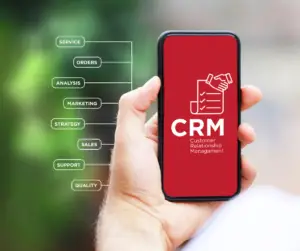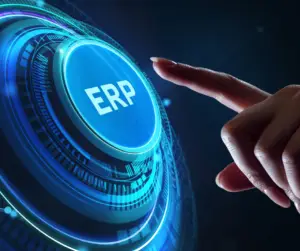COVID-19 has fundamentally changed the way we live, work, study, socialize – and shop.
The pandemic has altered the retail landscape and experience in two ways: as a disruption to business as usual and as an amplifier of long-standing forces that predate the pandemic and show no signs of abating.
As a result, the retail environment has become more competitive, with retailer responsiveness increasingly predicting success. In a post-pandemic world, global forces are now shaping retailer behavior, forcing retailers to develop new or improved strategies in response. And response is most closely associated with the use of powerful digital technologies. Indeed, retailers must either respond to these forces or improve their overall adaptability and responsiveness.
Cloud computing has the potential to supplement and improve this response. Cloud services benefit the retail industry in a number of ways, including lowering infrastructure, storage, and computing costs, as well as providing real-time access to operational and inventory data.
Transformation is apparent in many aspects of retail, including inventory management, data security, improved user experience, increased profitability, and disaster recovery. These cloud data systems give marketers a single source of data aggregated from many sources, allowing merchants to design targeted marketing campaigns and develop personalized products that will improve customer experience, delivery value, and help them meet their business objectives.
In this difficult global environment, retailers are speeding up their cloud migration to strengthen core attributes required to thrive in a post-pandemic world. Cloud-based technologies can help with agility, resiliency, efficiency, innovation, and scalability, all of which are important in the new normal.
Retailers are at various stages of cloud adoption, with some poised to fully leverage the technology and others just getting started—and each will face a unique set of challenges. Some retailers aren’t sure what cloud means to them or their business, so they’ll have to concentrate on controlling total costs and figuring out how to embrace it.
Other retailers are grappling with the challenges of migrating to and managing a new cloud infrastructure, as well as creating ecosystems and determining how to use data to achieve their primary objectives.
Those retailers who have a good understanding of cloud are ready to look into how they can use it to differentiate themselves digitally and power the new store. Cloud computing has become an important part of almost every technology company, and it has recently gotten a lot of attention in the retail sector.
Small retail businesses have seen significant growth as a result of integrating and gradually transitioning to cloud technology to reduce operational infrastructure costs, improve security, provide real-time inventory access, and provide a consistent user experience. However, regardless of where a retailer is on the cloud journey, the next step is critical.
With uncertain business conditions, a new shopping normal, and new entrants capitalizing on these forces, cloud may be the only way forward.





